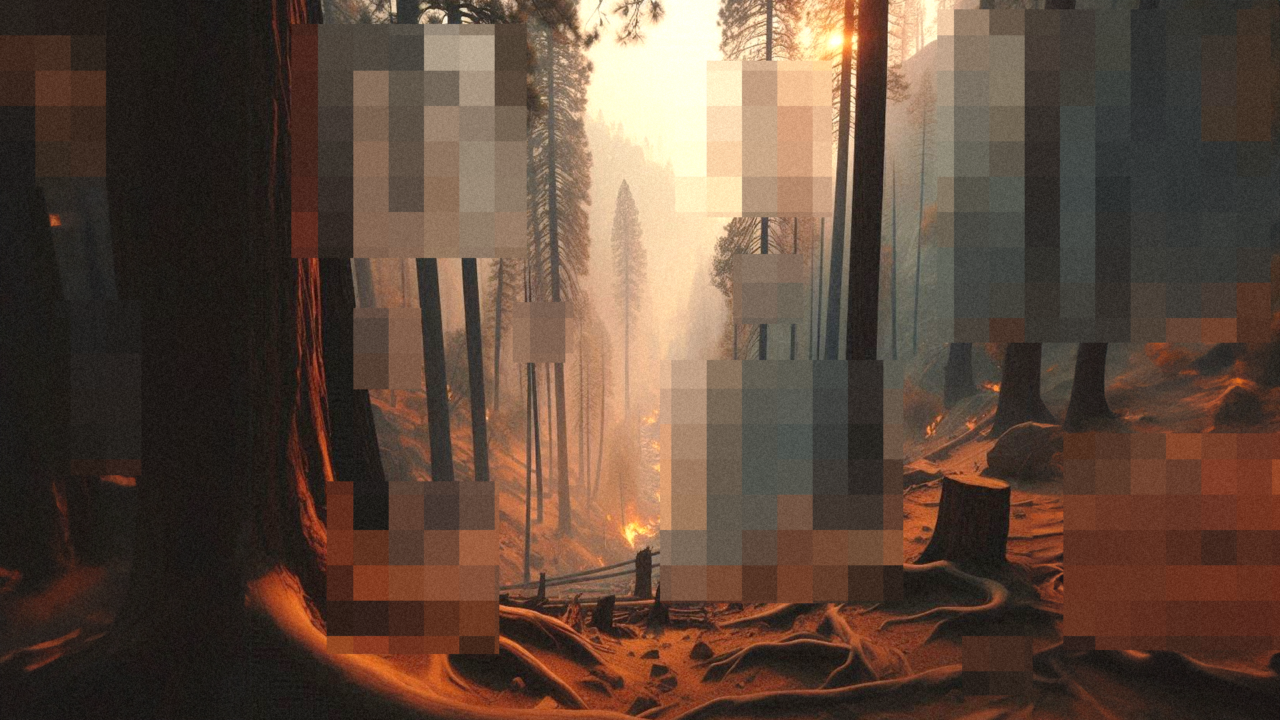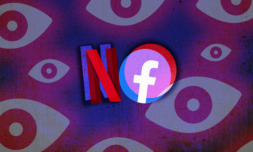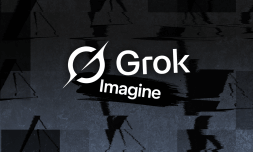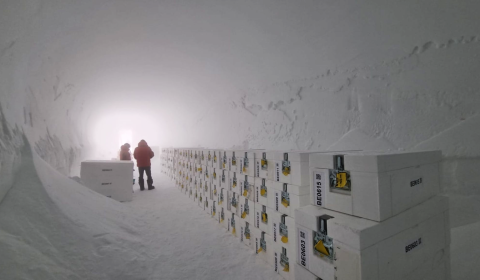The platform has faced criticism for blocking multiple emergency posts relating to United States wildfires.
Facebook has recently found itself in the line of fire – and not for spreading misinformation or political propaganda, but for blocking emergency warnings.
As wildfires spread across Northern California this month, individuals took to social media to share updates and concerned messages with friends and family.
This kind of digital hand holding has become a common occurrence every time a natural disaster impacts communities globally. But recent attempts to share updates online have been blocked by Facebook itself, in an algorithm failure that has outraged users internationally.
Earlier this week, the Washington Post shared reports from those affected by California’s latest wildfires, including Lauri Hutchinson. A retired firefighter herself, Lauri was confused to find her Facebook post –which included real-time updates of a fire ripping through the small town of Clearlake – had been deleted shortly after publishing.
In its place was a private note from Facebook, saying it had been flagged as spam. ‘It looks like you tried to get likes, follows, shares or video views in a misleading way’ the message read.
Further research found that the social media platform had been flagging and removing dozens of posts containing links and screenshots from Watch Duty, a widely relied-upon wildfire alert app used in the US.
Those impacted included local people, as well as volunteer responders, fire and sheriff departments, news stations, and disaster non-profit workers across California state.
Comment
byu/marji80 from discussion
intechnology
While Facebook has misflagged posts as spam during emergencies before, disaster groups and wildfire trackers say that the issue has reached ‘critical mass’.
The company’s AI-driven moderation system is designed to flag content that seems produced to drive interaction in a ‘misleading’ way. But it’s a broad net – one that’s snaring emergency messages along with clickbait and spam.
But the fallout feels somewhat predictable. Wildfires aren’t new. Emergency services relying on social media for real-time updates isn’t new. Facebook messing it up with overly aggressive content moderation? If you’re to look at the recent controversies plaguing the platform, this isn’t new either.




















